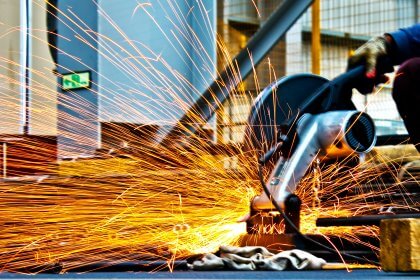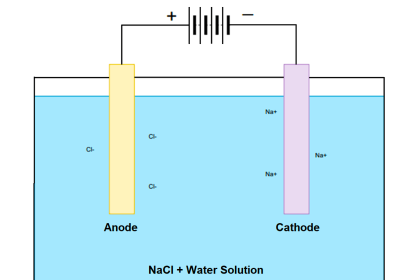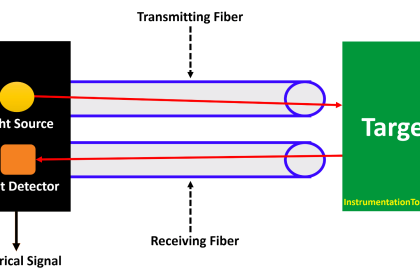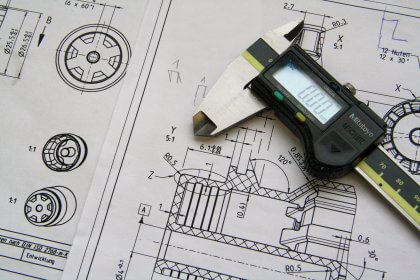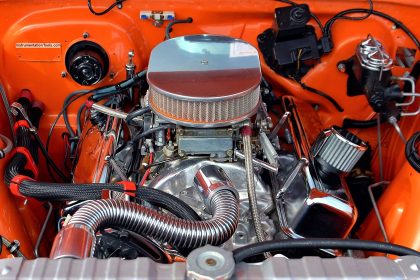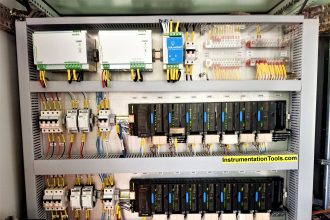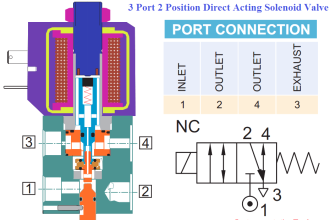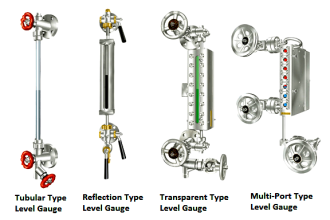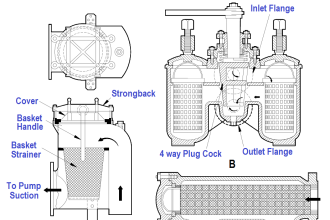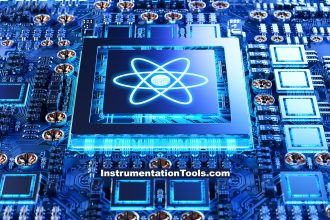If you are using a laptop or PC, then you must be familiar with drives. They are storage devices that are used to store data. If there is no drive, then it is of no use to use a laptop or PC.
Because you cannot either install OS or can install some software or store data files. So, drives are the functioning part of them.
Basically, there are two types of drives used.
- HDD
- SSD
In this post, we will learn the difference between HDD and SSD.
What is HDD?
HDD stands for hard disk drive. This is the originating drive technology in a laptop or PC. Its functioning is similar to the gramophone used earlier. It works on the concept of magnetism.
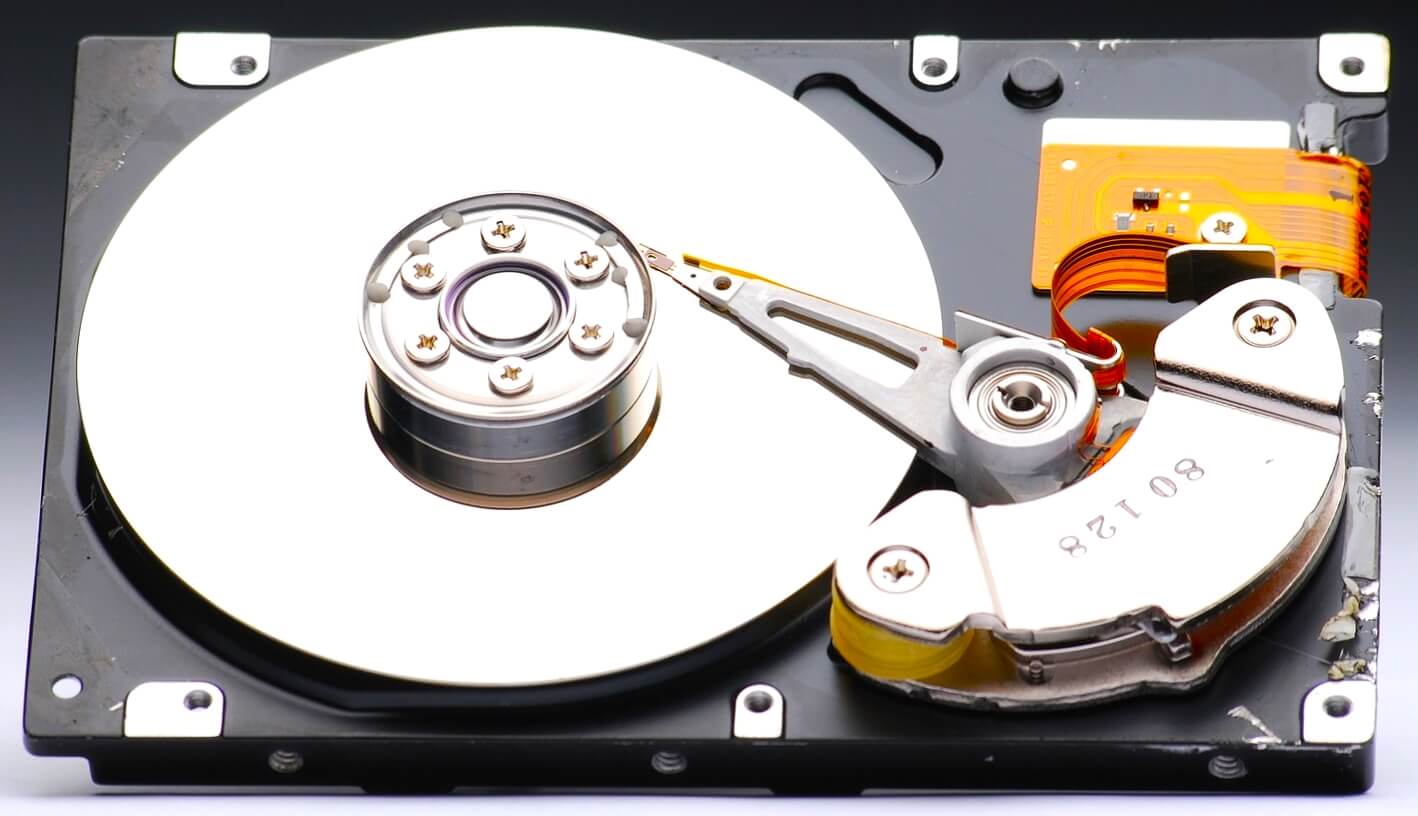
The disk consists of a rotating disk and a needle arm. Data is present in the disk in binary form (1 or 0). Depending on the speed of an internal motor, the disk rotates. The needle arm is located above the disk. It is a transducer that converts magnetic energy into electrical energy.
Basically, as the disk rotates, the needle arm is continuously in contact with it and it reads or writes data with respect to the disk by magnetic action. The data communication from the needle happens with the internal processing unit; which manages the data with respect to the disk.
Also, it must be noted that the faster the disk rotation, the faster the operation is performed by the disk.
What is SSD?
SSD stands for a solid-state drive. As the name implies, it is a fully used version of semiconductors.
SSD consists of a non-volatile flash memory where all the data is stored. These memory chips provide instant access to the internal controllers for data.
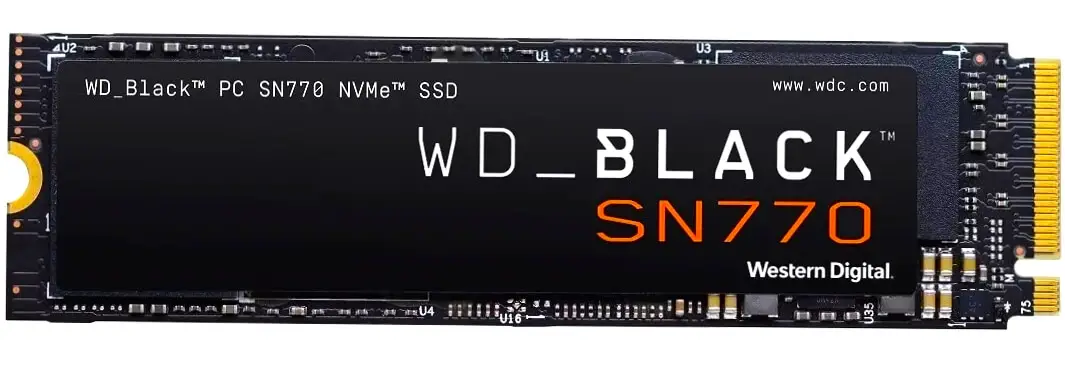
Compared to HDD, it has no moving parts inside. So, there is no mechanical motion inside for data access.
Difference between HDD and SSD
The following are the main points that compare the HDD and SSD.
- The first difference is technology. HDD works on rotating disc memory storage, whereas SSD works on non-volatile flash memory storage chips
- The cost of SSD is more than HDD due to the technology used. For a 1 TB HDD, you will get a corresponding 500 GB SSD. So, you can imagine how costlier it is.
- As HDD has moving parts, there are high chances of disk damage many times. But, SSD is very not very prone to damage and is even shock-resistant. So, the lifespan of SSD is more than HDD.
- HDD is widely used for storage applications because you get a large memory at a low cost. But, SSD is widely used in applications where you require fast action like gaming, high-speed computing, and software development.
- SSD has better security features and data recovery management as compared to HDD.
- As fans are used inside for HDD, sometimes high temperatures can lead to performance issues. This is not the issue in SSD.
- Power consumption is less in SSD than the HDD, due to no use of mechanical parts.
- The weight of the HDD is more than SSD.
- Though HDD is slower in speed, it is available in flexible data sizes than SSD.
In this way, we understand the difference between SSD and HDD.
